Understanding the 26650 Battery Box
The 26650 battery box is a specialized container designed to house 26650 batteries, a type of rechargeable battery that offers a balance between size and power. These battery boxes are crucial for organizing and protecting batteries, particularly in applications where multiple cells are required to create a power pack.
Types and Compatibility
There are various types of 26650 battery boxes to cater to different needs. They are primarily categorized by the material they are made from and the battery configurations they support. Users can find boxes designed for single cells or multiple batteries, ensuring that there is a solution for both small-scale and extensive energy requirements.
Applications and Uses
The application of a 26650 battery box extends across various industries. They are commonly used in home energy storage systems, portable power stations, and as essential components in electronic gadgets. Their robust design makes them suitable for both stationary and mobile applications, providing a reliable power source when needed.
Features and Materials
A 26650 battery box is typically constructed from durable materials like ABS plastic or polycarbonate, offering resistance to impact and environmental factors. Features may include secure locking mechanisms, corrosion-resistant contacts, and circuit protection to ensure the safe operation of the batteries housed within.
Advantages of Using a 26650 Battery Box
Using a 26650 battery box comes with several advantages. It provides an organized way to store batteries, prevents accidental short circuits, and can enhance the overall lifespan of the battery by protecting it from physical damage and environmental exposure.
Selecting the Right 26650 Battery Box
When selecting a 26650 battery box, it is essential to consider the specific needs of your application. Factors such as the number of cells, the type of circuitry, and the environmental conditions it will be exposed to are all critical in making the right choice.







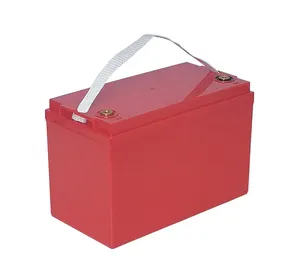
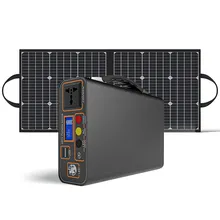

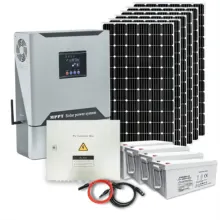
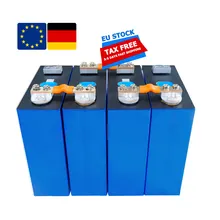
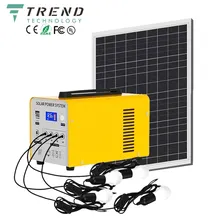



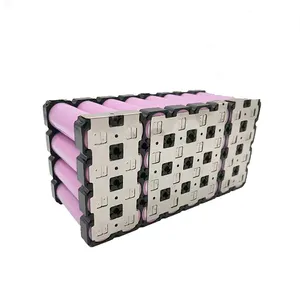


















 浙公网安备 33010002000092号
浙公网安备 33010002000092号 浙B2-20120091-4
浙B2-20120091-4